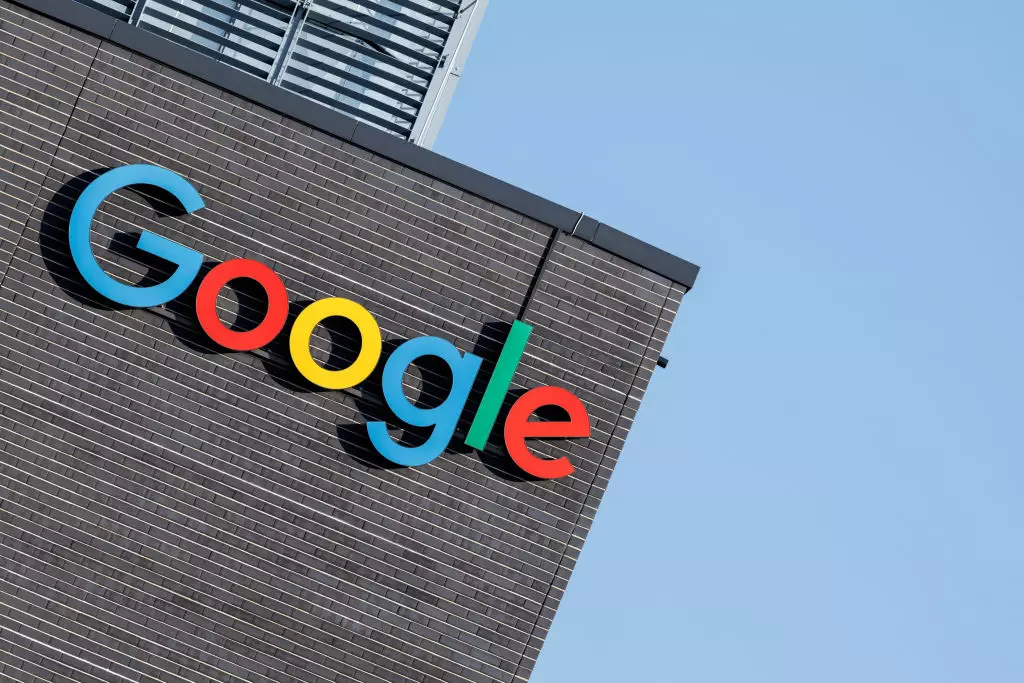The ongoing battle between the U.S. Department of Justice (DOJ) and Google epitomizes a larger struggle within the tech landscape. In a recent court filing, the DOJ has reiterated its call for Google to divest its web browser, Chrome, a move that surfaced initially under President Biden’s administration and is resurfacing with renewed vigor under the current political climate. This persistent push by the DOJ signifies more than just a corporate reshuffle; it reflects a deep-seated concern about Google’s massive influence in the digital marketplace, which is often described as an “economic goliath.”
Chrome: A Monopoly Worth Breaking?
At the crux of this legal entanglement lies the assertion that Google’s monopolistic behavior hampers competition across the board. The DOJ’s accusations highlight a disturbing trend where dominant players leverage their positions to eliminate any credible rivals. Chrome, which commands a substantial share of the web browser market, is thus being scrutinized for more than its technical capabilities; it’s now a pawn in a broader fight for equitable tech ecosystems. The DOJ’s insistence on divestment reflects a critical need for disruption in stagnant markets. Without such action, innovation stagnates, leading not only to a lack of consumer choice but also to suboptimal advancements in technology.
The AI Investment Controversy
Interestingly, the DOJ has altered its approach regarding Google’s investment in artificial intelligence. Initially, the department sought to compel Google to divest its significant AI investments, particularly in emerging companies like Anthropic. However, this demand has been softened to a request for prior notifications on future AI investments. This shift raises important questions about how we regulate the rapidly evolving AI landscape. While some may argue that this leniency allows Google to continue shaping the future of AI unchallenged, others might see it as an opportunity for the DOJ to focus its energies on more pressing regulatory needs.
Legal Ramifications and Future Considerations
Adding another layer to this complex situation is the fact that the fate of Google’s Android division remains uncertain. Rather than impose immediate divestiture, the DOJ is deferring to judicial review, leaving the door open for future evaluations based on market competitiveness. Such judicial discretion underscores the significance of not only maintaining competitiveness but also ensuring that any remediation is backed by clear, evidence-based findings.
The court’s forthcoming hearings in April will be pivotal, as they will not only determine Google’s immediate future but also set a precedent for tech antitrust litigation as a whole. Google, for its part, has countered that the DOJ’s sweeping proposals exceed the court’s decisions and threaten to undermine consumers and national interests. However, this reaction suggests a defensive posture that may reflect deeper fears of a restructured market less favorable to Google’s current status.
Consumer Interests vs. Corporate Goliaths
In the face of these developments, it’s essential to consider the implications for consumers. A competitive digital marketplace fosters not only fair pricing but also innovation aligned with user needs. As the DOJ stands resolute against perceived corporate overreach, it highlights a critical juncture in which consumer interests can be prioritized over those of monopolistic giants. If the DOJ’s proposals are implemented, they could serve as a model for antitrust actions across the globe, compelling us to reassess how we manage tech’s evolution. Such regulatory pivots can potentially enhance our digital lives, steering us closer to a future where consumer choice reigns supreme over corporate dominance.

